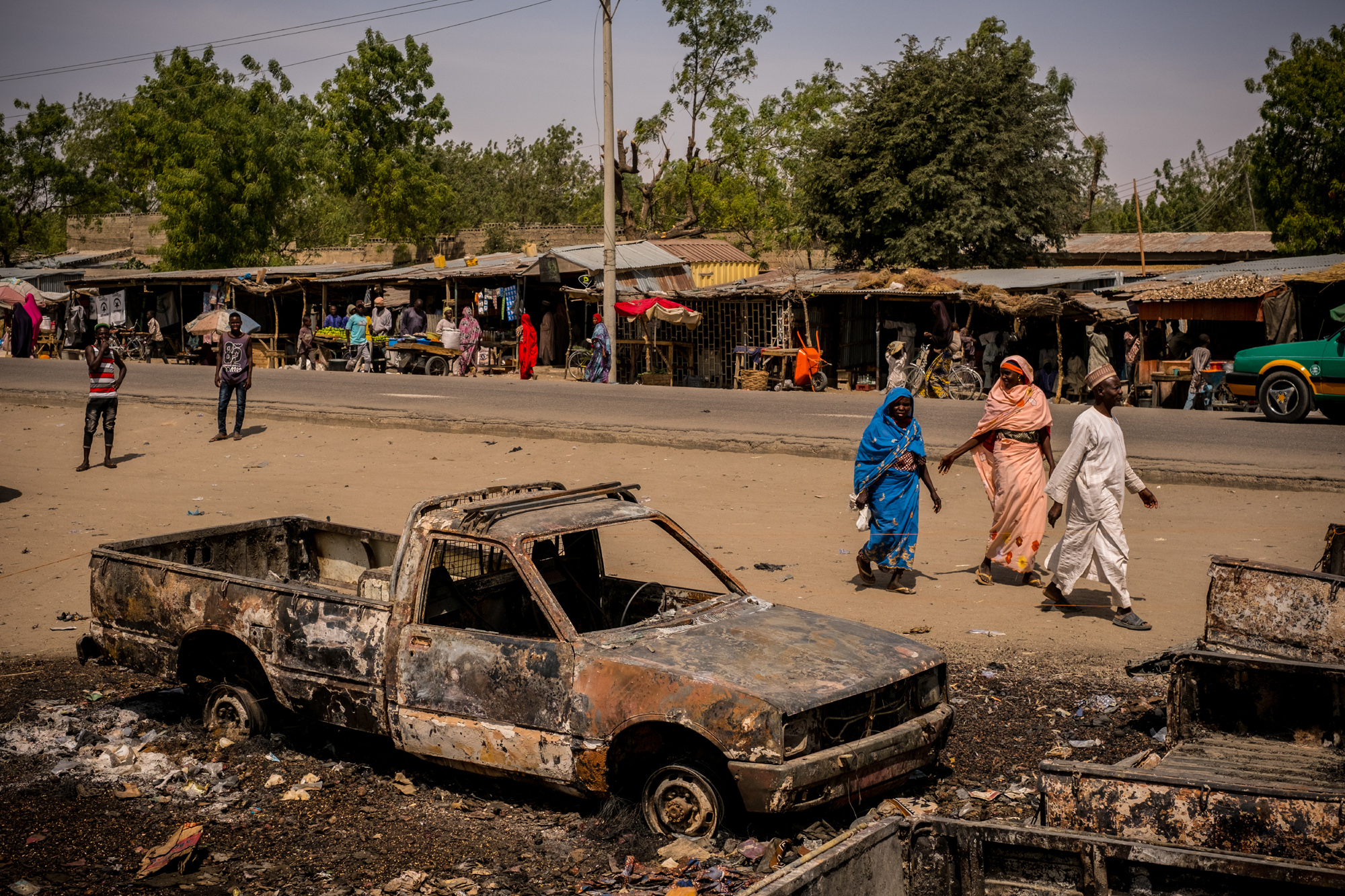
NORTHEAST NIGERIA (BP) — Boko Haram’s abuse of children as suicide bombers is at an all-time high in the Lake Chad region including northeast Nigeria and neighboring countries, UNICEF said Aug. 22.
The jihadists have murdered at least 83 children since January by strapping them with bombs before sending them into public gathering places and detonating the explosives, UNICEF said in its press release.
About 55 of the victims were girls under the age of 15, as girls often become pregnant in captivity as rape victims, UNICEF reported, noting that at least one girl was much younger than a teenager. The remaining 27 victims were boys.
“The use of children in this way is an atrocity,” UNICEF said in the report. “Children used as ‘human bombs’ are, above all, victims, not perpetrators.”
The numbers for less than eight months of 2017 are a drastic increase over the 30 killed as suicide bombers in all of 2016, UNICEF noted, as well as the 56 in 2015 and four in 2014. In UNICEF’s earlier report in April, Boko Haram had killed 27 children by using them as bombers.
UNICEF gave no reason for the increased abuse of children, but Boko Haram began using more suicide bombers in general in late 2016 after the Nigerian military announced a technical defeat of the jihadists. A regional military force had so weakened Boko Haram that it could only launch isolated attacks by suicide bombs, Nigerian President Muhammadu Buhari had claimed. But in recent months, Boko Haram has managed to ambush entire villages, according to news reports from the region including Chad, Niger and Cameroon.
As recently as July, Boko Haram killed at least 83 civilians and soldiers in two separate attacks in northeast Nigeria, including an ambush and suicide bombings. But the Islamic jihadists have not reestablished any caliphates in its quest to subject citizens to strict sharia law. At its strongest point, in early 2015, Boko Haram held Islamic caliphates or Sharia-based governments covering more than 20,000 square miles in northeast Nigeria.
Children who manage to escape Boko Haram’s grasp are often feared and rejected when they return home and try to reintegrate into their communities. Their plight is also complicated by food shortages and malnutrition in the region including Nigeria, Niger, Cameroon and Chad. In northeast Nigeria alone, up to 450,000 children are at risk of severe malnutrition this year, UNICEF said.
At the Oslo Humanitarian Conference on Nigeria and the Lake Chad Region in February, donors pledged $670 million to help an estimated 17 million people facing food shortages in the region, the United Nations reported. The UN estimated about 10.7 million people needed immediate humanitarian assistance, including 8.5 million in northeastern Nigeria. Boko Haram violence was cited as the main cause of the food shortages.
The terrorists have killed between 20,000 and 25,000 people since 2009 and have displaced millions more, according to official estimates. Boko Haram, which has pledged allegiance to the Islamic State, originally targeted Christians but has also killed moderate Muslims, government officials and civilians.
















